IFA president Tim Cullinan has criticised the two-tier licensing system that currently favours large-scale forest investors.
“The Department of Agriculture has introduced a two-tier system where larger applications are dealt with as a priority,” he told the Joint Oireachtas Committee on Agriculture, Food and the Marine.
“This discriminates against farmers with smaller forests on their farms and is unacceptable to the IFA,” he said.
At the moment, farmers applying for a felling or planting licence need to submit a Natura Impact Statement (NIS) to get a licence which can cost up to €1,500. This has been criticised as discriminatory by not only the IFA but by foresters and organisations such as Western Forestry Co-operative.
Applications for licences are building up in the system leading to delays in felling and planting licences up to two years, according to Cullinan. “The timber shortages as a result of the backlog are threatening the future of the industry that exports approximately €0.5bn annually,” he said.
“The sustainable and timely management of forests is essential to optimise timber production and the economic return.”
IFA forestry chair Vincent Nally said the backlog is jeopardising jobs and businesses in the sector. “Sawmillers are being forced to import timber when we would normally be self-sufficient, and this could endanger the national forest estate if pests or disease are brought in,” he said.




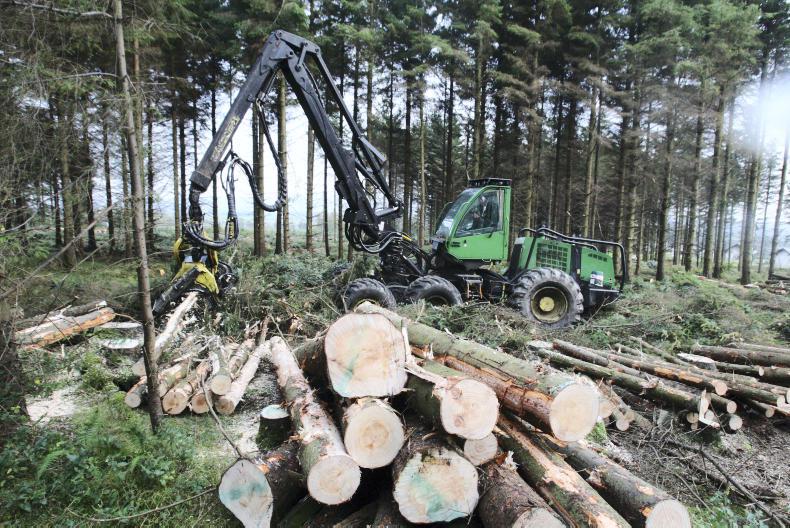
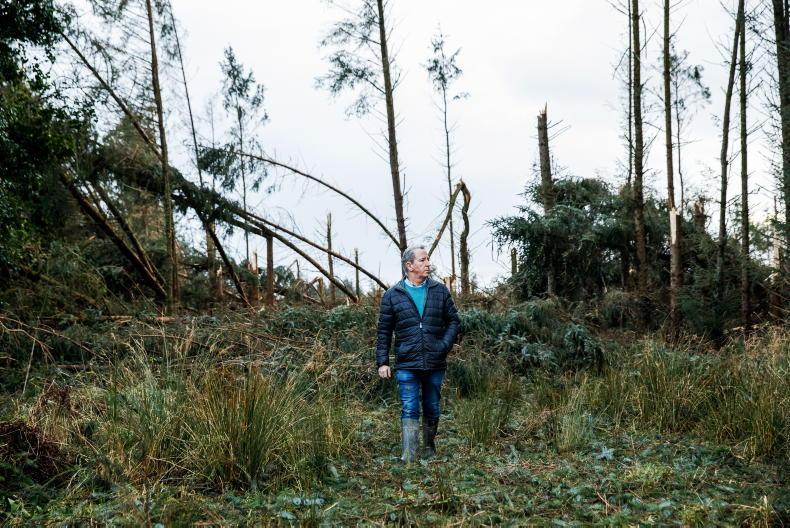

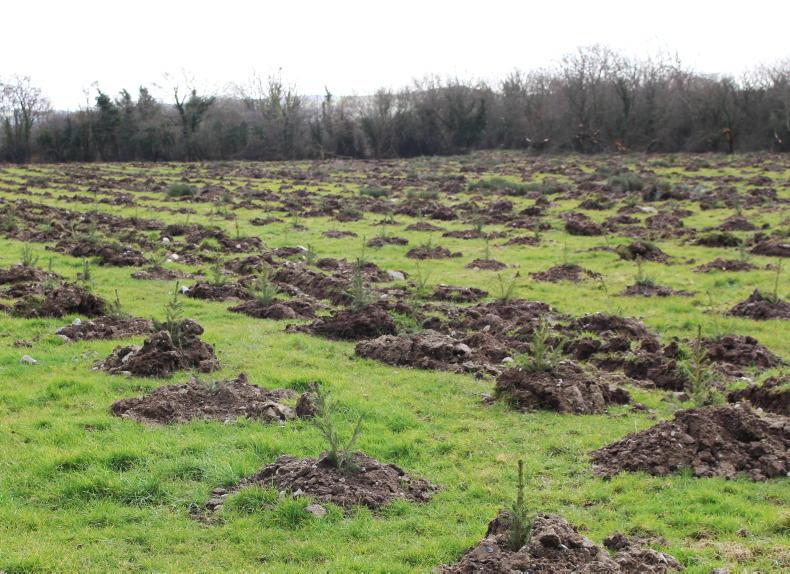
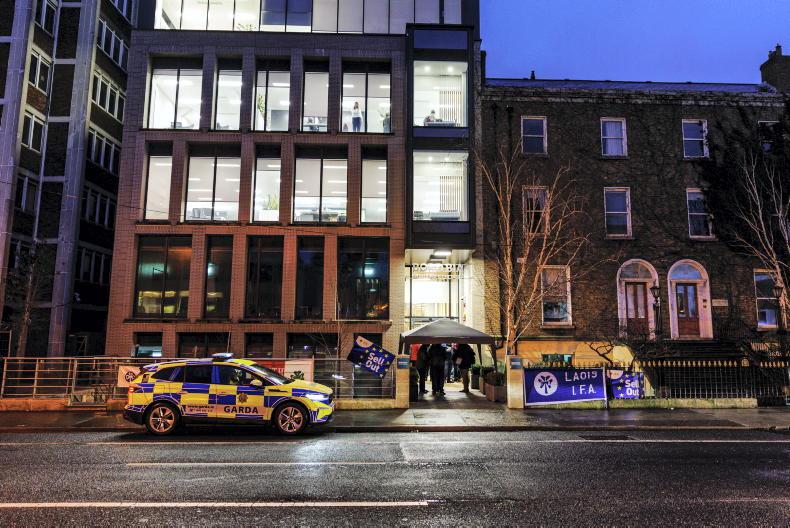
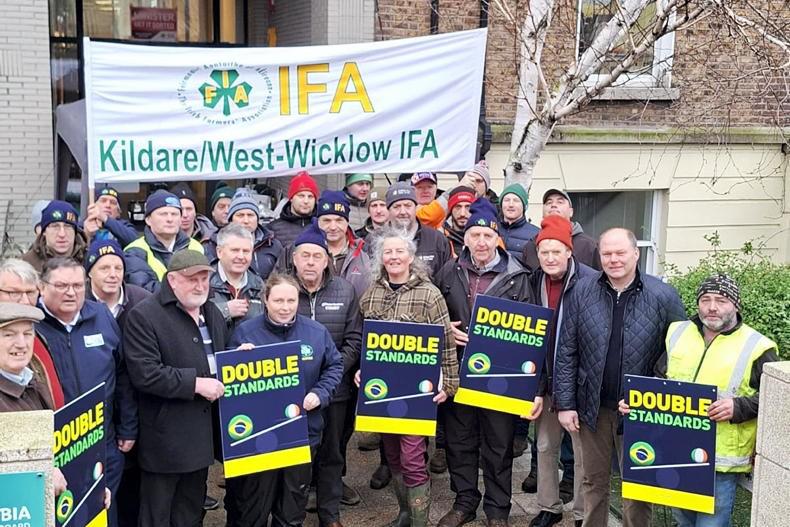
SHARING OPTIONS